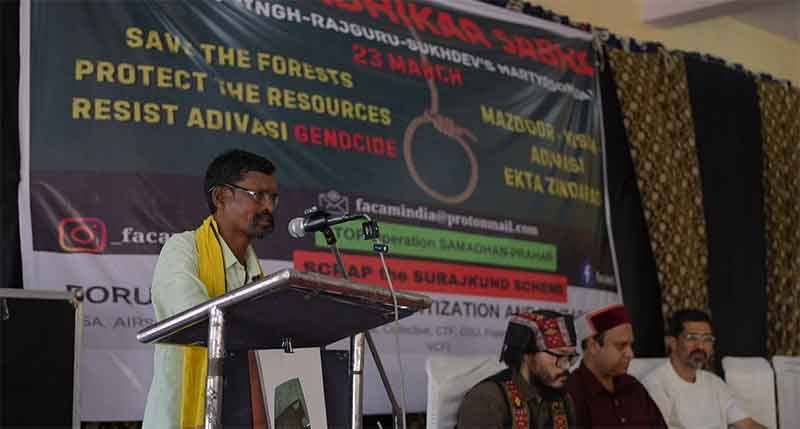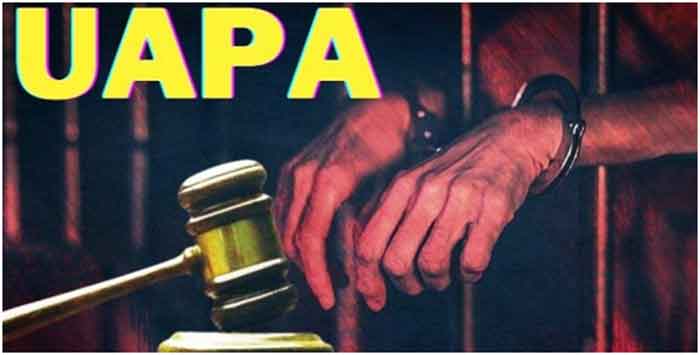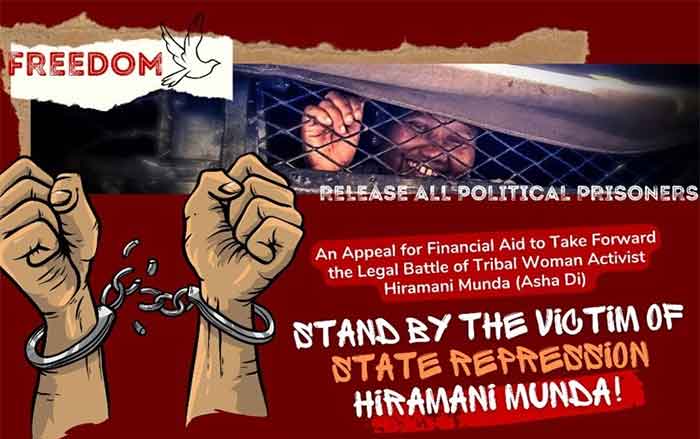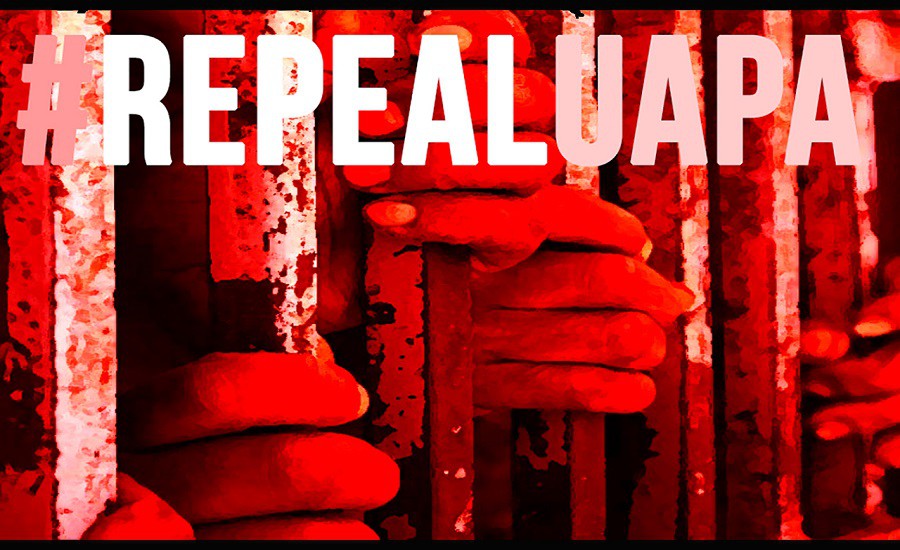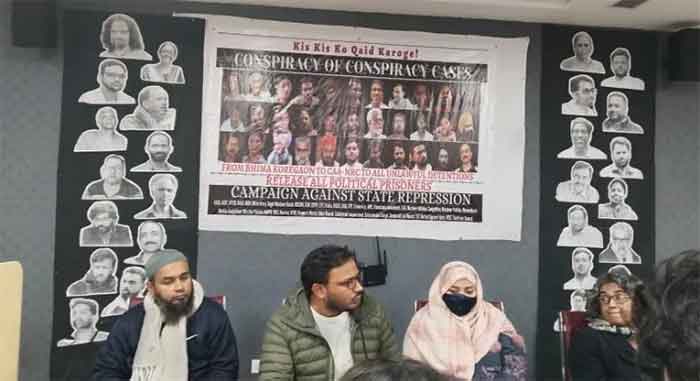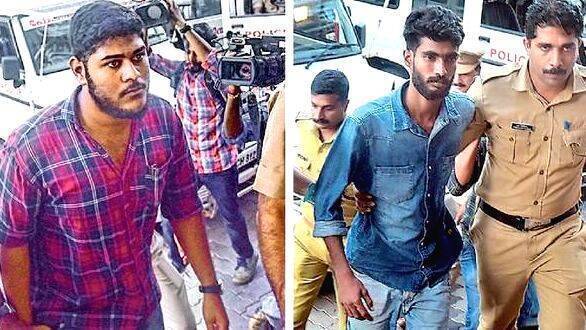
The relationships between political parties and people are going through a turbulent transformation during this historical period in India. To what extend have the political parties strived to be the true representations of people of this country is a question which needs some clarification. We have elected members of parliament, but whether they are in a position to play the socially expected role, is a question that needs to be explored. In a country consisting of over 4000 diverse cultures (as per the observation of the Anthropological Survey of India), can a group of 500 odd members of parliament shape the necessary governance and laws with their minimum qualifications of representation? After all, we have a large number of millionaires and criminals sitting on that building called parliament as per all the information that we see even on the mainstream media. But even this group is not taken into consideration or confidence `before any law is passed’ in India.
Ideally speaking, before any law is passed in a democracy, it should be subjected to public discussions, debates and social analysis before it is presented in the parliament. Our leaders in power have never shown such a faith in people. When our Prime Minister says that when the amendments were made on Citizens Amendments Bill, it was not publicly discussed before it was tabled in the parliament, he did not mean it as a mistake. However, when you say that the critics of CAA and NRC have not understood’ them and a lot of money will have to be pumped into the act ofconvincing the public’ through various forms of publicity and propaganda, then the natural question that arises is: Why is it that a minimum degree of democratic behaviour of having public dialogues on such crucial matters is not undertaken before such matters are presented in the parliament. The experiences of the people of this country on the process of announcing and implementation of demonitisation was even worse. It was a social, cultural, political and economic shock which the Indian public faced between few hours of announcement and execution of demonitisation. The pretension was that it was for public good. But the history has proved the real agenda behind it. Apart from the fact that the Indian economy got crushed in the process, we still do not know anything about the real martyrs among the millions who suffered in that process. Around 150 people had died just waiting long in the queues. Neither the opposition leaders nor the leaders of the ruling front had the courtesy to visit their homes and offer compensation. This explains the sad state of our democracy today.
As far as the draconian law UAPA is concerned, the members of the Indian parliament had no clue of its implications. UAPA is only one of the draconian laws in India. The Indian jails are filled with people whose crimes are not established or proven in any court of law. Then why are they in jail? The real criminals are outside and some of them are even contesting in elections and winning also leaving behind bulk of their dirt on the seats of Indian parliament. Among those prisoners who are not declared guilty by a court and yet languishing in Indian jails, the Dalits, Muslims, Adivasis and the poor constitute the majority. The draconian law UAPA was introduced primarily to target the minorities in this country. Most of the victims were Muslims. As per this law, the police can arrest anybody under mere suspicion’ and the victim can stay in jail for a long period in jail till he/sheproves’ his/her innocence. The responsibility of proving a crime’ does not lie with the police, but the responsibility ofproving innocence’ lies with the victim if he or she wishes to be in this world as a normal citizen. Most of our victims do not have the ability, energy or resources to fight for one’s own innocence in jail, since the confinement within four walls of the jail itself limits such possibilities of reaching out for freedom. If the person is a victim of hate, either through his or her political identity or religious identity, the chances for freedom are even weaker. The case of Abdul Nasar Maudany is a living testimony to this brutal draconian law called UAPA. Our political leaders still do not express even minimum humanitarian concern that humanity ought to give to an ordinary disabled person in the case of Abdul Nasar Maudany. The guilty are the Hindutva forces for targeting a spiritual leader belonging to minority community and setting an agenda for others to follow, guilty are our political leaders who do not have the guts to stand up for human rights, guilty is the Indian parliament for having passed this draconian law, guilty are the judicial institutions and its well paid lawyers, guilty are those civil servants in police uniform for fabricating this case, guilty are many members of the mainstream media for publicising and justifying an open lie as truth and above all, guilty are some of the leaders of the left and right in Kerala for parroting the same hate campaign of the RSS and facilitating the arrest and transporting Maudany to Coimbatore jail and to Bangalore Agrahara Jail during the last two decades.
What is the relationship of the left and UAPA in such a situation? Yes, the left has been critical of UAPA on many instances. But has the left in Kerala taken an ideological stand on UAPA for its blatant violation of the Indian Constitution? I am afraid,` no’ is the answer. When a leader is elected to rule, he or she is expected to frame social conduct as per the Indian Constitution. To what extent has the left followed this minimum principle as far as UAPA is concerned is a matter of debate. However, when their own party members are also affected by the draconian law, how is it that CPI(M) as a political party failed to stand for the human rights of their own party members if not the human rights of the public?
Alan Suhaib and Thaha Fazal are part of CPM. It was unfortunate that a section of CPM in Kerala tried to justify their arrests through UAPA. At the same time, the recent stand of both SFI and AISF at national level on UAPA is a matter of hope. At a national level, both SFI and AISF have supported the demand for the Repeal of UAPA. So, naturally, they should also demand the release of Alan Suhaib and Thaha Fazal (both belonging to CPM in Kerala), release of Abdul Nasar Maudany, Zakaria and others who were imprisoned as under-trials without judgement under UAPA in Kerala and take a strong stand for the repeal of UAPA. Can we hope that the SFI and AISF in Kerala share the same values for human rights as well as for democratic principles and voice their dissent against UAPA and other draconian laws? The campaign against UAPA and other draconian laws is to preserve the very foundations of democracy in this country. Without fighting the draconian laws, the fight against fascism will only remain as a mere rhetoric.
Says the campaign statement released by the Organising Team (in which both SFI and AISF are a part at the national level) for Campaign Against State Repression:
`….While all this happens in the Capital, the situation in Kashmir is equally dire if not worse. While the lockdown in India commenced on 22nd March 2020, Kashmir has been under lockdown since the abrogation of Article 370 on 5th August 2019, causing immeasurable physical and mental harm to the Kashmiri people. The lack of mobility, scarcity of resources, restrictions on information, disruptions to work and education that people across the country face today has been a fixture in the lives of Kashmiris for the last 9 months. Furthermore, the country wide dearth of medical facilities is even more pronounced in the Kashmir Valley where the doctor to patient ratio is drastically below the country-wide average. Journalists like Masrat Zahra, Mushtaq Ganaie and Gowhar Geelani who have attempted to document the difficulties faced by the Kashmiri people, particularly during the spread of the COVID-19 virus, have faced the ire of the State and are charged under sections of UAPA and IPC. Notably, Peerzada Ashiq, a journalist who exposed the diversion of COVID-19 kits from Kashmir to Jammu has been similarly charged. It is a grave reflection of our times that even the performance of journalistic duties is deemed a terrorist act.
Today, a large section of the Indian masses face the dual risk of infection and starvation due to the BJP led Central Government’s refusal to bear responsibility to provide food and other rations during the lockdown. At such a time, when an eruption of popular anger against this complete disregard for the material conditions of the masses is possible, BJP led Central and State Governments and their lackeys in the mainstream media have made every effort to divert this anger towards the Muslim community. This narrative is being portrayed throughout the country in relation to COVID-19 and additionally in Delhi with regard to the violence in North East Delhi. This is a narrative that all democratic and progressive forces must condemn and combat.
Finally, it must be noted that the branding and targeting activists to demoralise and crush the movements they belong to is a tactic that the State is deploying with increasing frequency and intensity. Be it in the arrest of eleven academics, activists, lawyers, journalists and poets in the Elgaar Parishad-Bhima Koregaon case or the incarceration of Akhil Gogoi, Chingiz Khan, Ishrat Jahan, Dr. Kafeel Khan, Khalid Saifi, Sharjeel Imam and now several more, it is evident that the State is becoming more and more intolerant of any dissent or opposition. At such times, it is imperative that democratic and progressive voices speak out, else risk being silenced forever.’
And among the four demands placed by the Statement, the last demand is: `Repeal of all draconian laws including UAPA, NSA and PSA, among others.’
To read the full text of the statement please go through: https://countercurrents.org/2020/04/stop-the-witch-hunt-of-activists-and-journalists-in-delhi-and-kashmir-and-repeal-the-draconian-uapa
The above statement certainly provides hope for the human rights activists, when the students belonging to the left parties are extending a hand in support of the campaign against UAPA and other draconian laws. It is time that the left in Kerala corrects its own mistake on this serious issue which determines the future of our democracy and join the wider struggle for human rights and justice.
Comrade EMS Namboodirippad used to say in his public speeches: `We do not say that our party has never committed any mistake in our history. Committing mistakes is only human. But what we can proudly say is that we have always tried to correct our mistakes and move forward.’
All that CPM in Kerala today has to do is to correct its mistake on UAPA and move forward as per the words of the legendary communist leader who contributed a great deal for making CPM what it is today.
K.P. Sasi is a film maker, cartoonist and writr
SIGN UP FOR COUNTERCURRENTS DAILY NEWS LETTER

